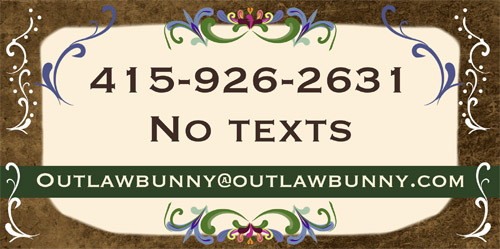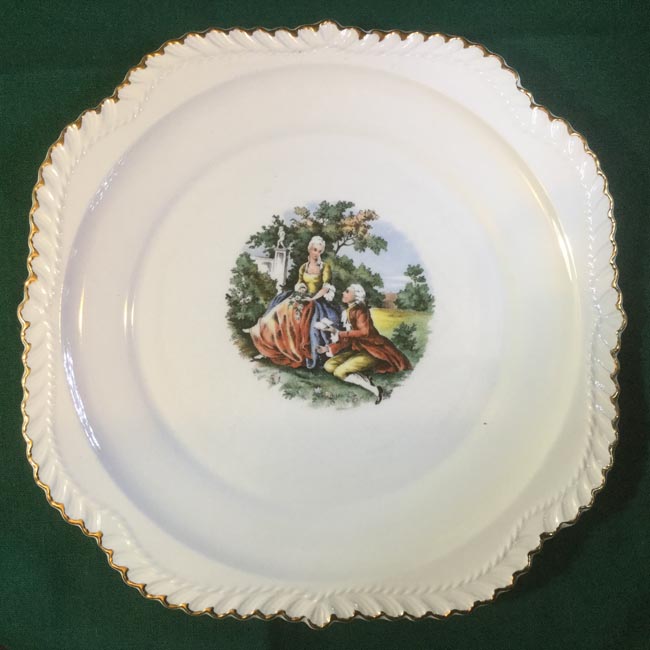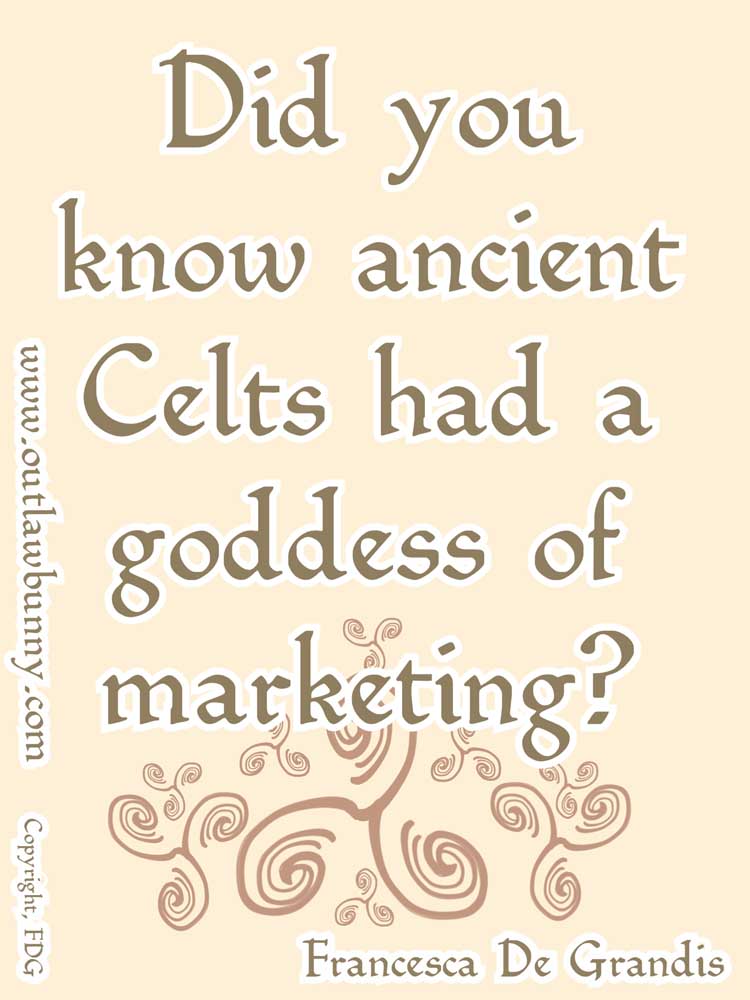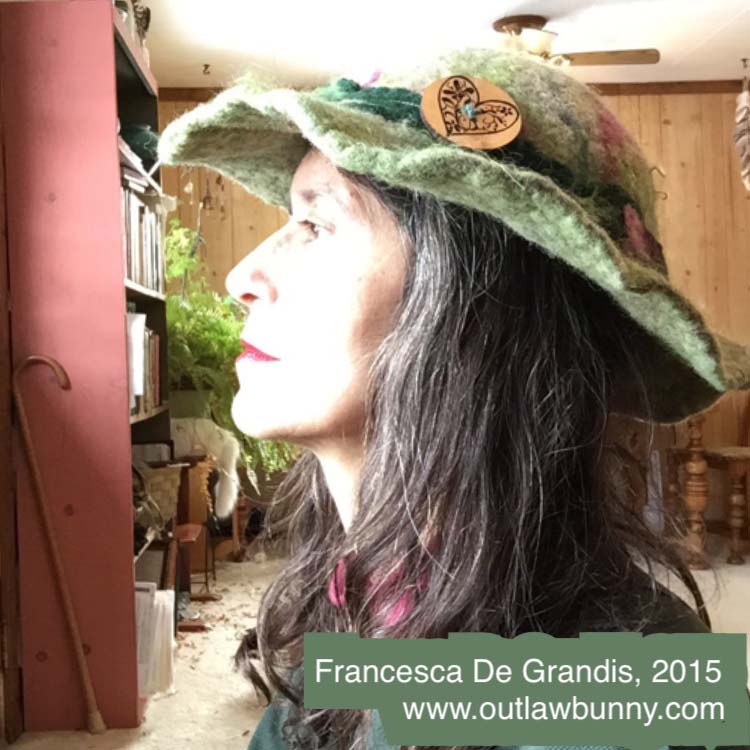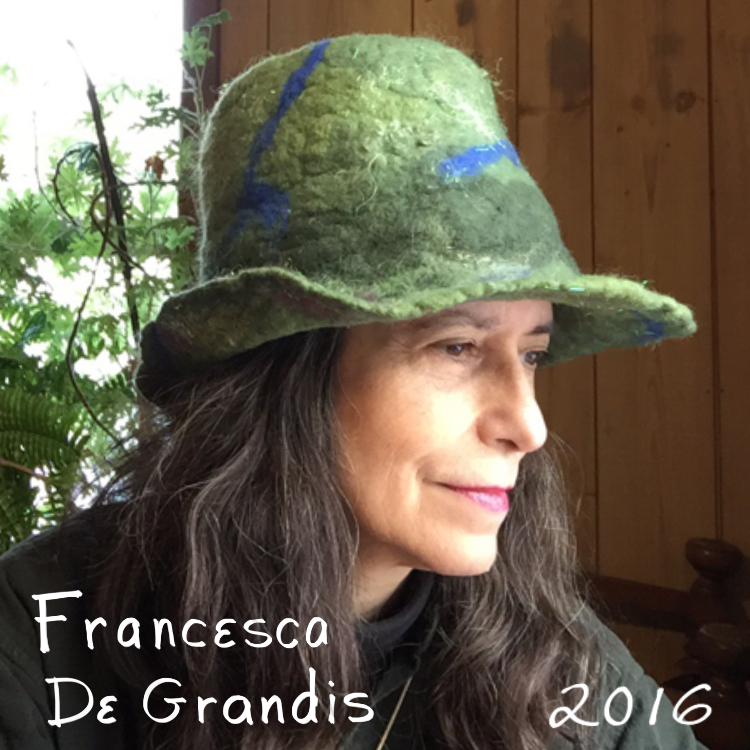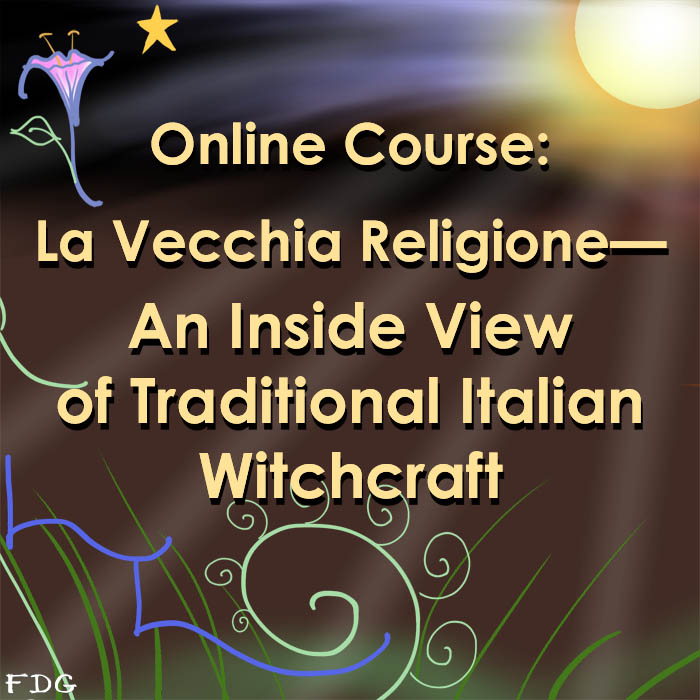 Online Course:
Online Course:
La Vecchia Religione—
An Inside View of Traditional Italian Witchcraft
“La Vecchia Religione” is Italian for “The Old Religion” and refers to the traditional practices of a strega. “Strega” translates into “witch.”
I was born into an Italian shamanic family tradition that dates back hundreds of years. Our family has many magics. This online course focuses on one of the most pivotal. Traditional magic is taught contextually, so lessons also provide a mystical overview of La Vecchia Religione.
The Strega practice we’ll focus on is considered the most advanced magic possible, can improve every aspect of life substantially, yet is accessible to a magical beginner.
 This course has five powerful aspects:
This course has five powerful aspects:
One) Weekly lessons received by email. Each lesson is a digital Book of Shadows entry (PDF).
Storytelling relays a great deal of the course’s information, making lessons easy and fun for you. I’ll share tales of an Italian shamanic family tradition.
 I’ll add other relevant chronicles, too, as well as more material needed to understand the aforementioned pivotal strega practice and traditional Italian witchcraft as a whole.
I’ll add other relevant chronicles, too, as well as more material needed to understand the aforementioned pivotal strega practice and traditional Italian witchcraft as a whole.
La Vecchia Religione is a shamanic path. Some shamans invoke magic simply through their personal, quite human stories. If you want strega magic, it’s in such stories.
Your reading this course’s stories, with no more effort on your part than when you read a fantasy novel, magically transforms every part of your life—large improvements everywhere. After the course, a special enchantment always remains available to continue creating numerous, marvelous changes for you.
Benefits of merely reading the stories:
* You automatically start becoming a new you, with greater wholeness of being and peace. You notice your power growing magically and in other parts of your life, so you have better access to all the inner resources needed to reach life goals.
* Your circumstances automatically start improving. Your most cherished goals become more viable and attainable.
* The stories transport you to a Fey-touched realm. And this course’s stories are true-life Faerie tales with real magic that helps you live in your own special Faerie tale: dreams can come true.
Our lessons will bring us into the presence of Diana Magna Mater (Great Mother Goddess). She gave humankind magic so we can live free and prosperously, overcoming challenges, including liberating ourselves from oppression. She will protect and guide us in our journey.
Lessons also provide easy shamanic exercises that reinforce the tales’ enchantments and deepen your relationship with them.
 Two) My full-color art ornaments the PDF Book of Shadows pages, including new paintings created especially for this course. I joyfully painted for ages to create fifty new page ornamentations specifically for these lessons! I wanted imagery to convey the enchantment of Italian sorcery.
Two) My full-color art ornaments the PDF Book of Shadows pages, including new paintings created especially for this course. I joyfully painted for ages to create fifty new page ornamentations specifically for these lessons! I wanted imagery to convey the enchantment of Italian sorcery.
Think of medieval illuminations, except they are not painted by a stuffy repressed monk but by a modern wild-hearted Pagan. My paintings are filled with magic that blesses your day.
Three) Nine audio files recorded expressly for this course. Spoken word is a way you and I can be in a sacred space together. So I recite excerpts of the PDFs.
 Four) Two fun, easy crafts projects. I’m thrilled about my Pagan-style craft ideas because they’re sooo magical: they help you experience the power of Italian witchery, deepen the magical journey, and increase its benefits. I’ve never seen anything like these projects, and I’m not going to say here what they are, heh. They’re special, and I’m saving them for you.
Four) Two fun, easy crafts projects. I’m thrilled about my Pagan-style craft ideas because they’re sooo magical: they help you experience the power of Italian witchery, deepen the magical journey, and increase its benefits. I’ve never seen anything like these projects, and I’m not going to say here what they are, heh. They’re special, and I’m saving them for you.
I painted art especially for these projects, making your part easy: you receive full-color digital files of my Pagan art, so you only need to print the artwork and follow a few simple instructions. I can barely wait for you to have the art! Heck, I’m chomping at the bit, waiting for you to have the rest of the course, too.
 Five) One-on-one support. I’m available by phone for up to 45 minutes. If you have questions about the material, need help because your commitment to doing the lessons falters, want to further explore a particularly tantalizing part of the curriculum, or have other concerns, feel free to phone.
Five) One-on-one support. I’m available by phone for up to 45 minutes. If you have questions about the material, need help because your commitment to doing the lessons falters, want to further explore a particularly tantalizing part of the curriculum, or have other concerns, feel free to phone.
You can divide the 45 minutes into two or three conversations. Conversations must occur during the span of the course or within a month after.
 I love integrating my art into my writing. Ditto creating audio portions and being available by phone. The five parts of the course (text, art, audio, etc.,) weave together to take you on a mystical journey into the heart of Italian witchery. During it, along with the benefits already listed:
I love integrating my art into my writing. Ditto creating audio portions and being available by phone. The five parts of the course (text, art, audio, etc.,) weave together to take you on a mystical journey into the heart of Italian witchery. During it, along with the benefits already listed:
* You gain confidence in your own journey—its spiritual, magical, and mundane aspects.
* You find confidence in yourself, just as you are, right now.
* Important insights come to you—wisdom needed to get the maximum out of life.
* You claim your birthright—your heritage of magic and wildness as a Fey-touched child of the Old Gods.
In addition to being transformative, this journey is core to understanding Italian witchcraft as a whole. In other words, along with improving your life, the journey is also an experiential lesson that conveys a mystical overview of: traditional Italian witchcraft as a magical culture, its otherworldly sensibilities, and its history.
 Though they impart an overview and history, lessons are easy, not like reading a textbook. This is not dry history, not dry material, not a dreary recitation of facts, charts, and lists that you have to memorize, plod your way through, or otherwise labor over. You experience La Vecchia Religione in your spirit.
Though they impart an overview and history, lessons are easy, not like reading a textbook. This is not dry history, not dry material, not a dreary recitation of facts, charts, and lists that you have to memorize, plod your way through, or otherwise labor over. You experience La Vecchia Religione in your spirit.
This look into my family’s magic is traditional Italian shamanism no one else teaches. A lot of this is material I’ve never taught until this course.
 The course starts February 27, with your first lesson. You receive one lesson a week by email for 11 weeks.
The course starts February 27, with your first lesson. You receive one lesson a week by email for 11 weeks.
If an unexpected event makes me unable to send one week’s planned material, I’ll extend the course an extra week.
Tuition: The regular price is $209 a month for three months, but I’ve lowered the cost to $167 a month. That is 20% off!
Scroll down to pay securely with PayPal:
No experience needed. But even advanced practitioners benefit greatly. If you need more information, or want to discuss scholarship, trade, or a payment plan other than the above subscription, call me at the number below. No refunds. My online courses aren’t transcriptions of oral tradition lessons. (I teach oral tradition by phone.) The online courses are special unto themselves—magic tailored to be spectacularly effective, relevant, exciting, and safe when learned online.
